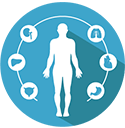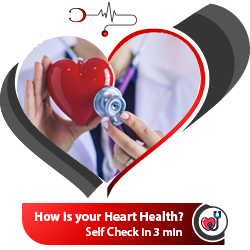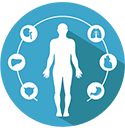Benefits of Vitamin B12 During Pregnancy
Goodness of Vitamin B12 - For you & your baby
Pregnancy is a time when a woman is expected to take all possible precautions with regard to her diet and health. Several discomforting symptoms of pregnancy like morning sickness, nausea and general weakness edge them towards neglecting their diet, which eventually lead to deficiencies and this in turn can harms both, the mother and child.

Vital in Pregnancy
One of the lesser known but vital dietary requirement during pregnancy is Vitamin B12 (an important nutrient for brain development and its functioning) rich food to keep the mother and the baby healthy and safe.
Vitamin B12 is vital for the formation of red blood cells, as well as for the proper functioning and health of nerve tissue. If left unattended, the deficiency can lead to anemia, as well as nerve and brain damage, which may eventually become irreversible.
Benefits & requirement of Vitamin B 12
Vitamin B12 is a source of power micronutrient for a whole host of reasons. Your body needs B12 for:
- Digestion, food absorption, iron usage and metabolism
- Female reproductive health and pregnancy
- Healthy functioning of nervous system
- Promotion of normal nerve growth and development
- Regulation and formation of red blood cells
- Healthy immune system function
- Gives physical, emotional and mental vigor
Initial signs and symptoms of Vitamin B12 deficiency might be subtle - but in time, they become more noticeable.
Several studies undertaken globally show that women with vitamin B12 deficiency in early pregnancy were up to five times more likely to have a child with neural tube defects, such as spina bifida, compared to women with high levels of vitamin B12. It’s been noted that folic acid fortification in food helps to lower the prevalence of neural tube defects by about 50% to 70%.
How to Cope?
Easiest way to combat this deficiency is to enrich your daily diet with Vitamin B12, which is found in meat, fish and dairy foods.
- Natural sources of vitamin B12 are eggs, milk & dairy products, meat, salmon & cod. Milk,
- While vitamin B12 supplements are safe, mothers are advised not to take excessive amounts.
- Vegans can find natural source of vitamin B12 in nutritional yeast, fortified cereals, fortified soy milk, fortified meat analogues (foods made using wheat gluten or soybeans to resemble animal flesh), as well as vitamin B12 supplements that are recommended to be taken during pregnancy and conception
Pregnant women, particularly, must take special care to fortify themselves with all the nutrients for their developing babies. Women who do not get enough vitamin B12 may have a higher risk of giving birth to a baby with a potentially disabling or fatal birth defect.







